Poland and Germany were both initiators and drivers of a New Eastern policy linked to the Eastern neighborhood and Russia/Soviet Union.
Ulad Vialichka: Rather be included in communications than avoid them (Photo)
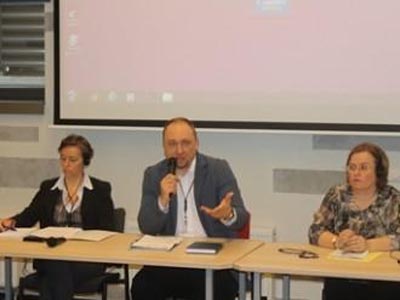
The head of the International Consortium “EuroBelarus” sums up the preliminary results of the international conference “Civil society: analysis of the situation, approaches and development strategies”.
The conference was organized by the International Consortium “EuroBelarus” and was held on March 19-21 in Vilnius.
“I find this conference quite successful,” notes Ulad Vialichka, the chairperson of the Coordination Committee of the Belarusan National Platform of the EaP CSF, the head of the International Consortium “EuroBelarus”. “After the years of work in “EuroBelarus” my understanding of such categories as “successfulness — unsuccessfulness” in Belarus have changed a lot. The important thing about this conference is that different parties which were represented here were interested in understanding each other. I don’t know whether it is the conference itself that made it possible or some external circumstances suggest that we should rather be included in communications than avoid them, but I see it as a certain movement forward.”
Ulad Vialichka emphasizes that the composition of the conference in Vilnius was enough to “establish serious communication despite different positions that the participants of the conference adhere to.”
“The important thing is to understand the vision Europeans have about our reality. And we are grateful that we had this opportunity at the conference. Sometimes I felt that I’m inclined towards European position rather than that of many representatives from Belarus. We have to take into account the problems of self-organization and self-obsession that Europeans mentioned at the conference. We shouldn’t think that they are teaching us something; it is rather a feedback from people with long experience in civil society development.”
Besides, as Ulad Vialichka mentioned, this conference wasn’t meant to be classic, with all the propositions and resolutions.
“In the very beginning we defined the format as conference-reflection. We lack such reflection in our country; this is an attempt to influence the process. We a retrying to sum everything up so that to continue further communication with the participants of the conference.
The main thing is that the process was going on; we had this feeling that we “discovered” something there, but it is important that we continue working and analyzing these discoveries. It is especially important for “EuroBelarus” in the light of scheduling our work for the next three years.”
Others
-
Uladzimir Matskevich: The sooner the "Union State" is denounced, the better for Belarus
Not only does the “Union State” undermine the establishment of civilized relations with Europe, but it hinders the possibility of normal relations between Belarus and Russia.
-
Uladzimir Matskevich: The regime can no longer control the situation in the country
The authorities are unable to prolong the social contract with the people: there is no way out of the social crisis.
-
Press release of the BNP in connection with the next round of the dialogue in the format of the EU-Belarus Coordination Group
Belarusan National Platform of the Eastern Partnership Civil Society Forum welcomes the dialogue process in the format of the EU-Belarus Coordination Group, the third round of which was held in Minsk on 3-4 April 2017.
-
Hennadiy Maksak: Europe must react adequately to the events in Minsk
A new wave of political repressions should make the EU return to tougher policy towards the Belarusan regime.

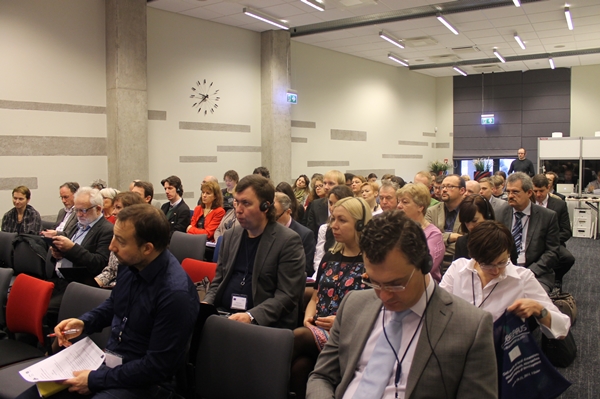
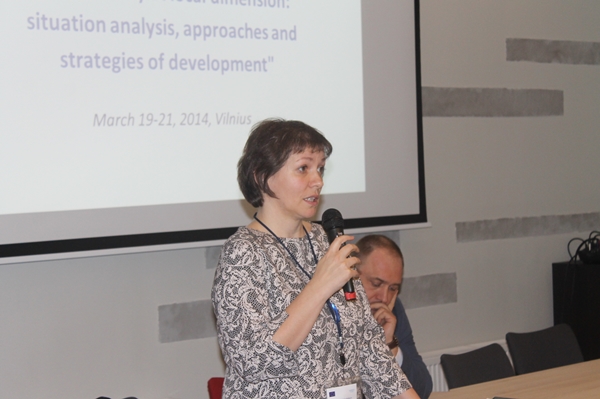
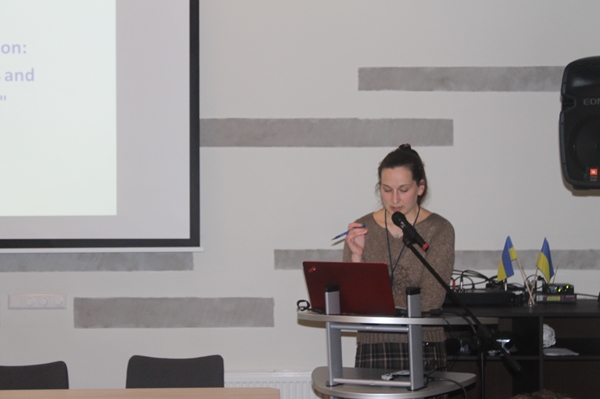
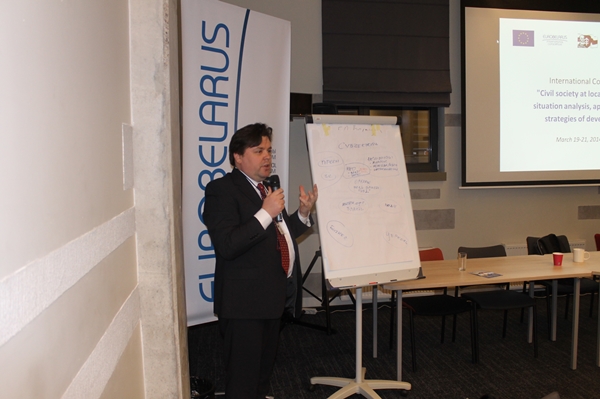







Comments
From farewell to a new Eastern policy and towards a new development
Poland and Germany were both initiators and drivers of a New Eastern policy linked to the Eastern neighborhood and Russia/Soviet Union.